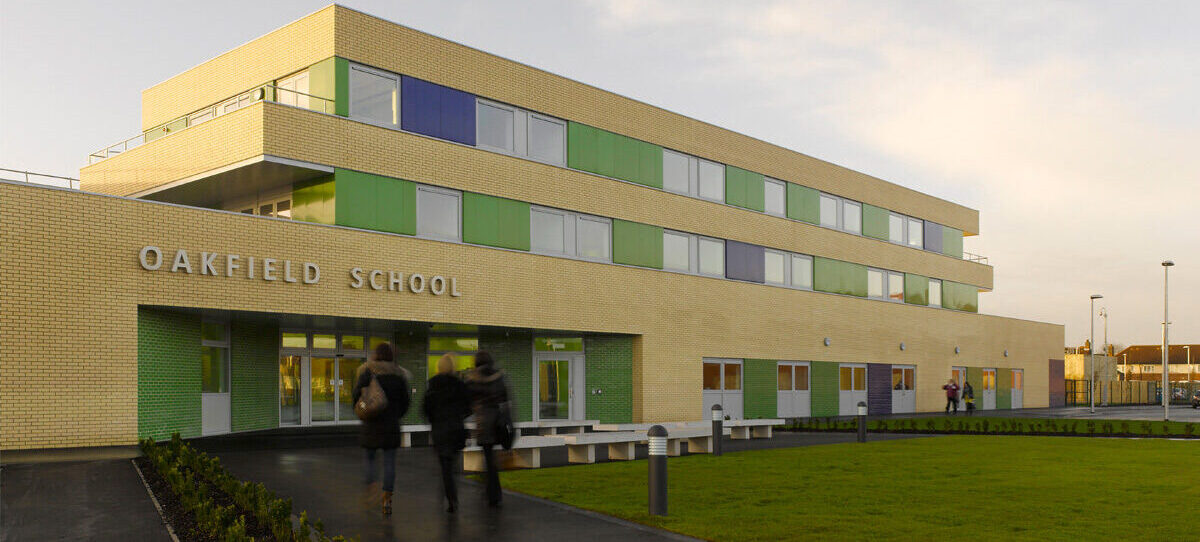SMSC
All maintained schools must meet the requirements set out in Section 78 of the Education Act 2002 and promote the Social, Moral, Spiritual and Cultural (SMSC) development of their pupils.
Please click on the SMSC link below to access a full overview of the course content we offer at Key Stage 3 and Key Stage 4:
SMSC Education is broadly split into four areas:
The spiritual development of pupils is shown by their:
- ability to be reflective about their own beliefs (religious or otherwise) and perspective on life
- knowledge of, and respect for, different people’s faiths, feelings and values
- sense of enjoyment and fascination in learning about themselves, others and the world around them
- use of imagination and creativity in their learning
- willingness to reflect on their experiences
The moral development of pupils is shown by their:
- ability to recognise the difference between right and wrong and to readily apply this understanding in their own lives, recognise legal boundaries and, in so doing, respect the civil and criminal law of England
- understanding of the consequences of their behaviour and actions
- interest in investigating and offering reasoned views about moral and ethical issues and ability to understand and appreciate the viewpoints of others on these issues.
The social development of pupils is shown by their:
- use of a range of social skills in different contexts, for example working and socialising with other pupils, including those from different religious, ethnic and socio-economic backgrounds
- willingness to participate in a variety of communities and social settings, including by volunteering, cooperating well with others and being able to resolve conflicts effectively
- acceptance and engagement with the fundamental British values of democracy, the rule of law, individual liberty and mutual respect and tolerance of those with different faiths and beliefs; they develop and demonstrate skills and attitudes that will allow them to participate fully in and contribute positively to life in modern Britain.
The cultural development of pupils is shown by their:
- understanding and appreciation of the wide range of cultural influences that have shaped their own heritage and that of others
- understanding and appreciation of the range of different cultures in the school and further afield as an essential element of their preparation for life in modern Britain
- ability to recognise, and value, the things we share in common across
cultural, religious, ethnic and socio-economic communities - knowledge of Britain’s democratic parliamentary system and its central role in shaping our history and values, and in continuing to develop Britain
- willingness to participate in and respond positively to artistic, musical, sporting and cultural opportunities
- interest in exploring, improving understanding of and showing respect for different faiths and cultural diversity and the extent to which they understand, accept and respect diversity. This is shown by their respect and attitudes towards different religious, ethnic and socio-economic groups in the local, national and global communities
As part of the delivery of Social, Moral, Spiritual and Cultural (SMSC) curriculum at Oakfield School, we take part in 6 theme days throughout the academic year. The six Theme Days are centred-around a range of subjects which is different every year. The topics reflect local, national and world events as well as the needs of our ever-changing cohort of pupils. More recently, we have experimented with having separate activities for Key Stage 3 and Key Stage 4 pupils, while still within the same overall theme.
During Theme Days, there is usually an alternative lunch menu with a connection to the Theme Day topic. Pupils have the opportunity to try food from different cultures and countries. Our pupils understand that everybody is different, both in terms of different countries and cultures and on an individual basis.
In addition to the above, we promote the SMSC development of our students through tutor programmes. The SMSC Coordinator plans, supports staff in the delivery of these programmes and evaluates and monitors the quality and impact of the programmes.
This rigour enables the following:
- Pupils to develop their self-knowledge, self-esteem and self-confidence;
- Pupils to distinguish right from wrong and to respect the civil and criminal law of England;
- Pupils to accept responsibility for their behaviour, show initiative, and to understand how they can contribute positively to the lives of those living and working in the locality of the school and to society more widely;
- Pupils to acquire a broad general knowledge of and respect for public institutions and services in England;
- Further tolerance and harmony between different cultural traditions by enabling students to acquire an appreciation of and respect for their own and other cultures;
- Respect for other people; and
- Respect for democracy and support for participation in the democratic processes, including respect for the basis on which the law is made and applied in England.
Through ensuring pupils’ SMSC development, Oakfield School demonstrates its ability to promote fundamental British Values
National SMSC Quality Mark
Oakfield School has been awarded Silver level of the National SMSC Quality Mark, and this has been confirmed by the Quality Assurance Panel.
SMSC Report:
British Values
In 2014, the DfE reinforced that schools need: ‘to create and enforce a clear and rigorous expectation to promote the fundamental British values of democracy, the rule of law, individual liberty and mutual respect and tolerance of those with different faiths and beliefs’.
All curriculum areas, in particular RE and PSE, help to further our young people’s understanding of what it means to live in modern Britain.
‘Fundamental British values’ comprise:
- democracy
- the rule of law
- individual liberty
- mutual respect for and tolerance of those with different faiths and beliefs, and for those without faith.
Our pupils at Oakfield School learn about ‘right and wrong’. Staff support students in the choices they make, and encourage them to think about possible outcomes and consequences. There is a very active reward program in school to encourage pupils to be positive role models to each other. There are also clear indicators around the school of possible consequences for not making the right choices, for example, the cost of replacing broken property.
In order to build self-esteem in our pupils, the school celebrates all of our successes, however small. Pupils are rewarded with points for every lesson, Epraise points and end of term activities. Our successes are showcased on social media and in our half-termly newsletter.
At Oakfield School, we understand how important it is to let everybody have a voice. Our pupils understand a democratic process and are able to let others voice their opinions. We take part in the annual Parliament Week activities. As a part of this, we have recently held a whole-school election. Our pupil council is very active, holding regular meetings and giving every pupil the chance to voice their thoughts and opinions regarding their education and life at Oakfield School.



